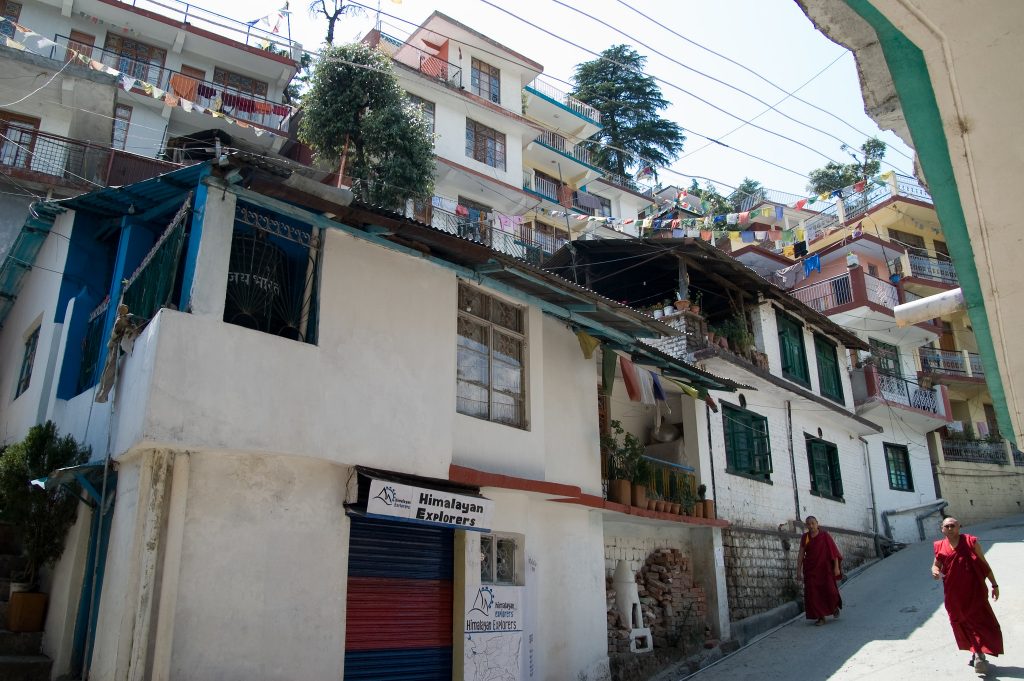Nothing is permanent, so everything is precious. Here’s a selection of some happenings—fleeting or otherwise—in the Buddhist world this week.
Tibetans in Exile Vote in India for Their Political Leader
Weeks before the inauguration of the next US president, hundreds of Tibetans living in exile in Dharamsala, India, voted for their next political leader. According to the Associated Press (AP), voters wore masks and abided by social-distancing guidelines as they cast their ballots during the first round of the election. In this first phase of voting, two candidates for the top government post of president will be shortlisted, including 90 parliamentarians. The second and final round of voting will take place in April. “[With this election] we are sending a clear message to Beijing that Tibet is under occupation but Tibetans in exile are free,” said Lobsang Sangay, who will soon be finishing his second and final term as president of the Tibetan government-in-exile. “And given a chance, an opportunity, we prefer democracy.” China does not recognize the Tibetan government-in-exile and has not held any dialogue with the representatives of His Holiness the 14th Dalai Lama for over a decade.
Indian Prime Minister Proposes Library of Buddhist Literature
Prime minister of India Narendra Modi recently proposed creating a library of traditional Buddhist literature and scriptures, The Hindu reported. The library would include Buddhist literature from many countries, aiming to translate the texts into other languages and make them freely available to all monks and scholars of Buddhism. Modi has tried to endear himself to his Buddhist constituents in the past while inciting violence against Muslims and other religious and ethnic minorities in India with the passage of a nationwide citizenship law and other policies. Part of Modi’s goal in proposing the libray project, he said, is to “keep humanism at the core of [India’s] policies,” to provide a platform for dialogue between scholars, and to provide a place to store and archive research that addresses modern challenges such as poverty, racism, extremism, gender discrimination, and climate change.
Dalai Lama Guidelines in COVID-19 Relief Bill Are Updates to the Tibetan Policy and Support Act
The section of the COVID-19 relief bill that included guidelines for the US government’s approach to the reincarnation and succession of the next Dalai Lama are part of an update to the Tibetan Policy and Support Act (TPSA), which was first passed in 2002, the Washington Post reported. In addition to guidelines on how the US will handle the Dalai Lama’s reincarnation, the TPSA updates address environmental issues, including instructions related to Tibet’s water security since China restricted the flow of key rivers in recent years. It also instructs the State Department to deny China any new consulates in the US until a US Consulate is established in Lhasa. The TPSA updates were added to the COVID-19 relief bill because of the shortened legislative schedule caused by the pandemic.
Thank you for subscribing to Tricycle! As a nonprofit, we depend on readers like you to keep Buddhist teachings and practices widely available.
